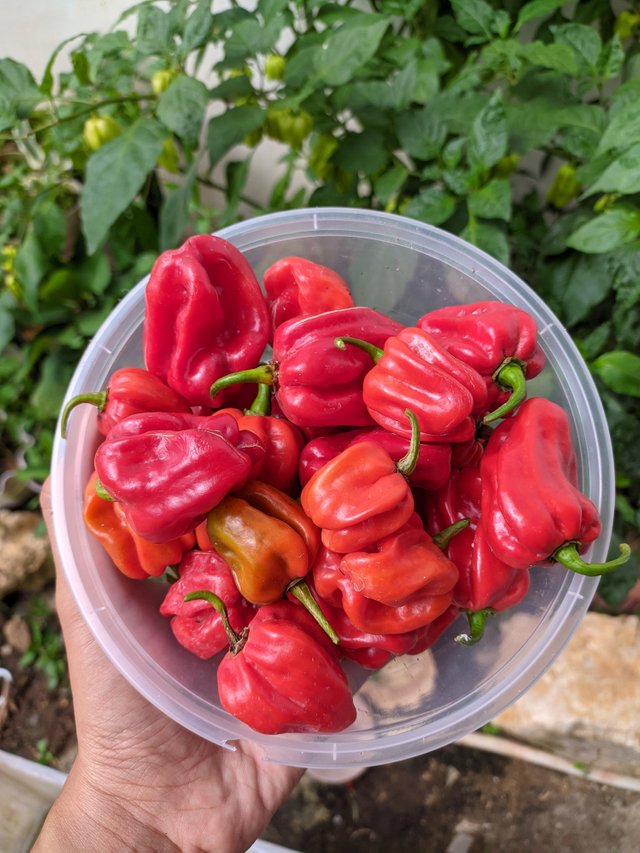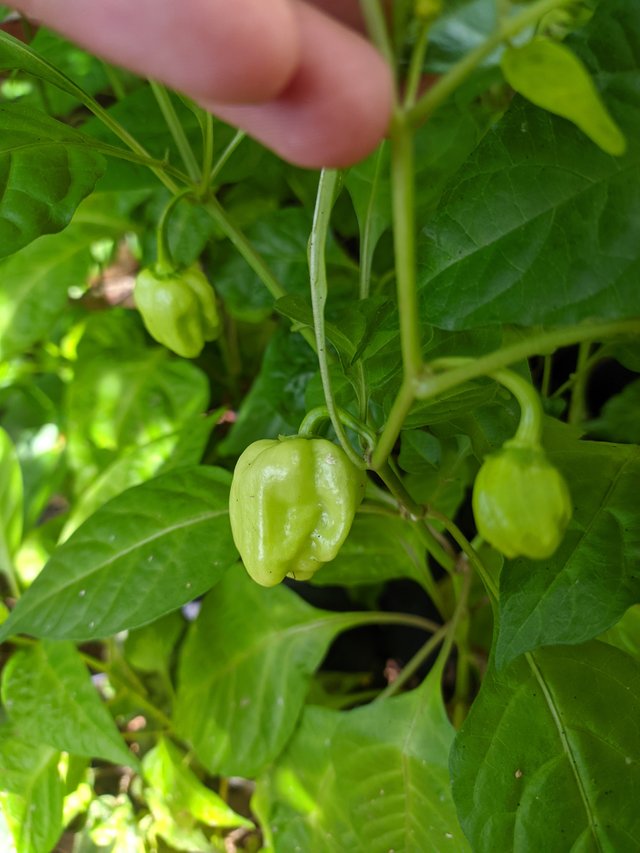
Chili is one of the obligatory spices in the Indonesian people's kitchen, as a companion to staple foods that can increase appetite. Even now food trends are popping up with choices of spiciness levels that are becoming increasingly popular. One of the typical Indonesian chilies from Tana Toraja which is not widely known is the ketokkon chili (Capsicum annuum L.var.sinensis).
Katokkon can grow in the highlands, ranging from 1,000 to 1,500 masl, and can thrive in areas with cold weather and mountainous soil structures. The characteristic of this chili is that it has an imperfect round shape, a bit like paprika but small and fat. Normally, katokkon size is around 3-4 cm. When it is still young, the chili will be purplish-green in color and turn bright red when it is ripe.

Katokkon is the mainstay of the Toraja people's chili because it has several ingredients that are good for the human body, and it tastes spicier than other chilies in Indonesia. This chili contains vitamin A, vitamin C, and antioxidants that can protect the body from free radicals. Based on a unit of measurement for the concentration of spicy substances or capsaicin called the Scoville Heat Unit (SHU), this chili has a fairly high level of spiciness, which is 400,000-600,000 SHU. The level of spiciness is 4-6 times hotter than cayenne pepper.
The first harvest of katokkon is usually done after the plants are 3-4 months old after transplanting. During their lifetime, the number of katokkon can reach 100-150 fruits per tree, equivalent to 0.8-1.2 kg of chili. The development of katokkon is a bright prospect for farmers in Toraja.